Students use crowdsourcing to help student organization break barriers to fine arts
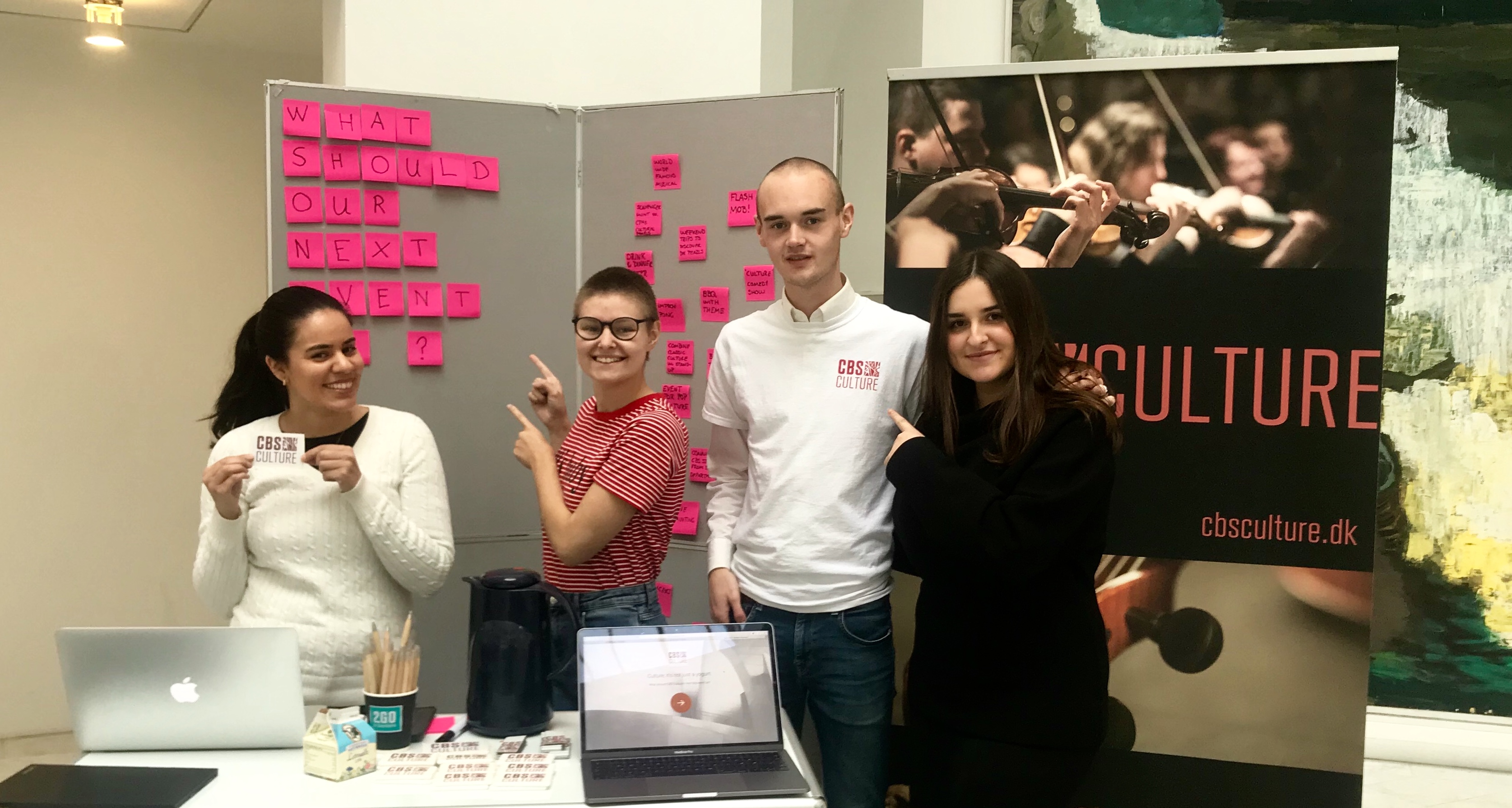
CBS Culture was at Dalgas Have to find respondents with the students from the BSc in Business Administration and Service Management. (Photo: Mathilde Abild Andersen)
What’s preventing students from attending fine arts events? Members of CBS Culture have been scratching their heads trying to figure this out. Luckily two students from the BSc in Business Administration and Service Management had a solution to the problem: crowdsourcing.
It’s for old people. It’s dull. It’s a stiff format. You have to wear a suit and tie.
These are some of the prejudices about fine arts, such as opera, ballet and classical music, that may prevent the younger generation from attending these types of events that Copenhagen has to offer.
However, a new survey based on crowdsourcing made by CBS students Esther Faria Lopes and Kristine Dybendal Barrett in collaboration with the student organization CBS Culture, reveals something different.
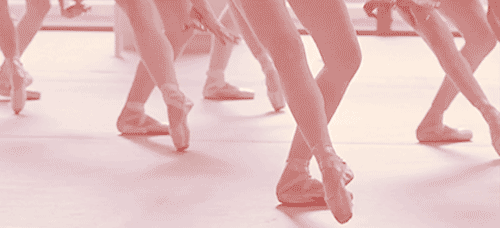
“Out of more than 40 responses, only one said that they found the fine arts dull. But a surprisingly large number said that they didn’t attend such events because they didn’t have anyone to go with,” says Frederik Nagel Fryland, the President of CBS Culture about the results and continues:
“We continuously hear about loneliness in our society. People are afraid of being labeled as a ‘loner’ and would never dream of attending an event alone. However, a lot of fine art formats are well suited to going alone, as you can’t talk during the show, just like in the cinema. But as an organization, we want to offer people the opportunity of having some company before, during and after the event.”
The idea of doing a survey based on crowdsourcing, not to be mistaken with crowdfunding, came from Esther Faria Lopes and Kristine Dybendal Barret. They’re studying the BSc in Business Administration and Service Management at CBS, and they had a project about using the knowledge of a crowd – crowdsourcing – to find solutions to encouraging more students and young people to see opera and ballet performances.
“Asking a group of people to come up with solutions to a problem that a company is experiencing is relatively new, but it can actually prove to be really helpful. Firstly, we were looking for companies to collaborate with, but in the end, we thought: Why not try to help one of CBS’ many student organizations?” explains Esther Faria Lopes.
The results are useful for many
Esther Faria Lopes and Kristine Dybendal Barrett created a survey together with CBS Culture. The aim was to find out what prevents CBS students from engaging in fine arts and how they feel about fine arts, and then ask respondents to come up with ideas on what CBS Culture could do next.
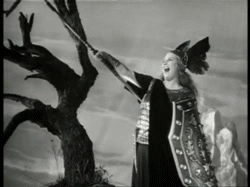
“It was really helpful to get this knowledge about their cultural habits and what the students were missing from CBS Culture. Also, we got great ideas for new events that CBS Culture could host. The best one was a cultural treasure hunt in Copenhagen where you visit different cultural institutions in Copenhagen. We awarded the idea with tickets to an event called Ballet and Bubbles,” says Frederik Nagel Fryland.
Esther Faria Lopes explains that she was curious to see how many people would reply to the survey. And she was pleasantly surprised.
“I’d hoped to get like 20 replies, but we got 48! It was motivating to see how passionate and engaged both CBS Culture and the respondents were to the survey. Also, I learned that people are very open to helping and that, as a student, I shouldn’t be too shy to reach out and ask for help,” she says.
Frederik Nagel Fryland, together with the rest of the CBS Culture team, is working on the plan for upcoming events based on some of the ideas they got from the survey. For him, the survey results are not only an advantage for CBS Culture, they could prove to be important to the cultural institutions that host fine arts too.
“The Royal Danish Theater and DR’s Koncerthuset have a branding issue. Their main audience is older, and sometimes you see rows and rows of mobility aids in the foyer. They are changing and have some good initiatives going, but they need to do more if they want to engage a younger crowd, just like we do. We try to prod students who might have an interest, and at the same time break down the barriers,” he says.



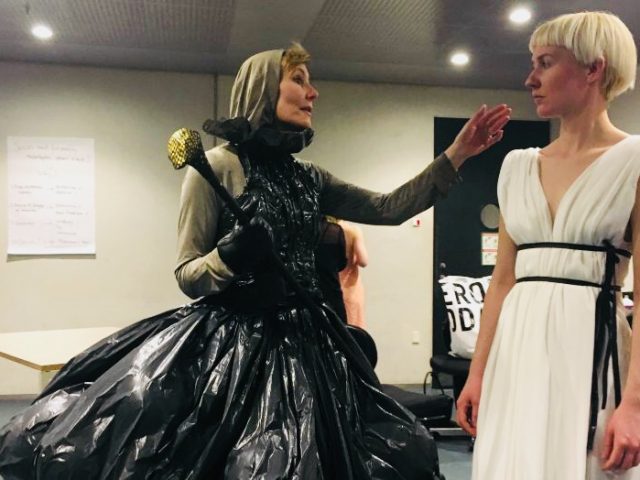
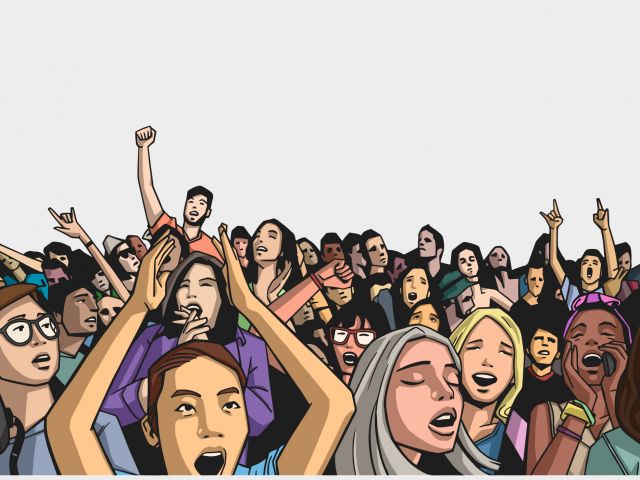
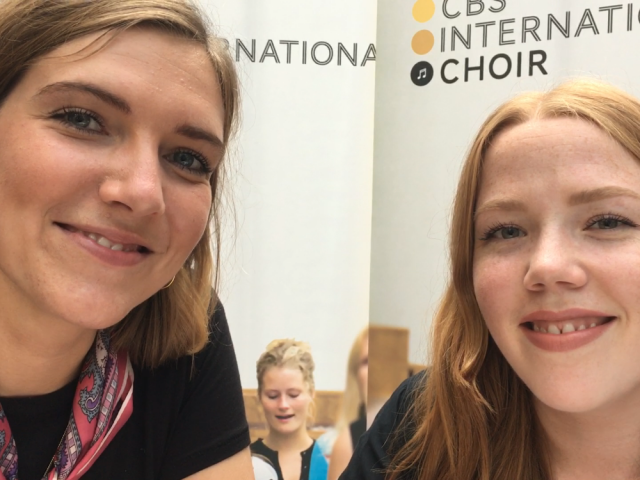

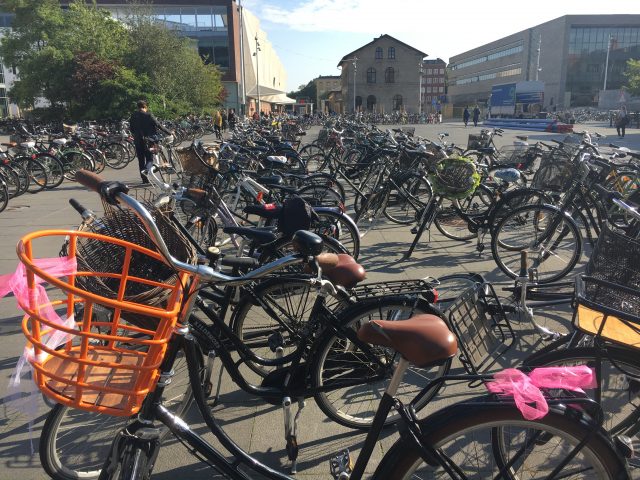




























































































































Comments